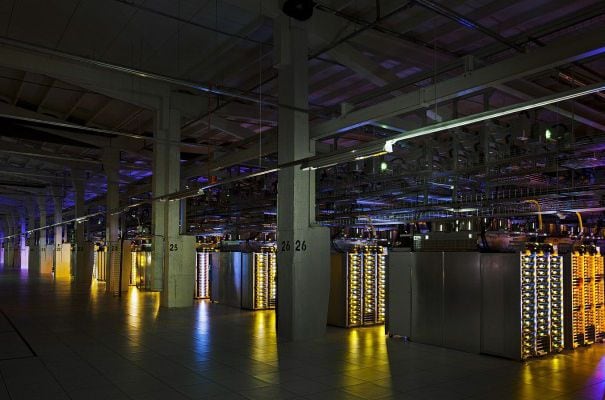North Americans could experience frequent power outages from 2024 to 2028. In a report published on December 13 and taken over by NewScientistNerc (North American Electric Reliability Corporation, the international regulatory authority which oversees the region’s electricity network) projects that the majority of American states and Canada, or more than 300 million people, will not have access within this period of sufficient electricity supply to reliably meet demand, particularly during extreme weather conditions.
The New York region, New England and the entire western United States, as well as Ontario and British Columbia in Canada, are thus affected by “high risks” of outages during summer heat waves or winter storms. Sometimes outages could even occur under normal weather conditions. This threat particularly weighs on two regions in the central United States: one of them extends from the US-Canada border from Michigan and Minnesota to Louisiana, and the other includes Tennessee as well as parts of Georgia, Alabama, Mississippi, Missouri and Kentucky.
Air conditioning and giant data centers
For the moment, it is impossible to say how long these disruptions could last. But Nerc explains the origins: according to the report, peak demand (the greatest amount of electricity needed over a given period) in North America has increased faster than ever over the past five years. Cryptocurrency mining installations in particular, which are very energy-intensive, have developed in several states (such as Texas). Added to these are giant data storage centers, consumption of which could double again by 2030, as well as automobile battery manufacturing infrastructures.
The risks will also be increased during certain periods with extreme climatic conditions, because the democratization of electric heating systems in winter and air conditioning in summer, coupled with the growing use of electric cars, should create great tension on the network during these periods. moments.
Renewable energies developed too slowly
At the same time, power plants running on fossil fuels, which are gradually being closed, are not being replaced at a sufficiently high rate by renewable energy sources, according to Nerc. Natural gas, considered an ecological transition fuel and responsible for 40 to 80% of the electricity supply during the cold months in North America, is also unreliable in contexts of extreme cold, due to the difficulty to maintain pipelines and wells subject to freezing in working order.
The regulatory authority also points out that the difficulties obtaining permits to build this infrastructure, as well as the transport routes to transport them, are partly responsible for this delay. Coup de grace: a shortage of transformers in North America is added as an additional obstacle.
